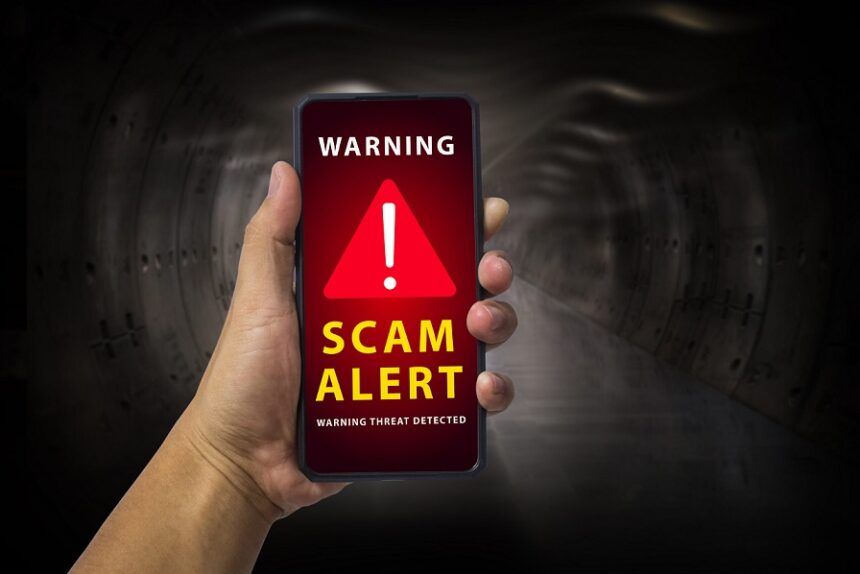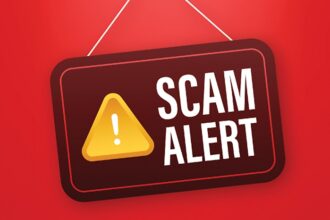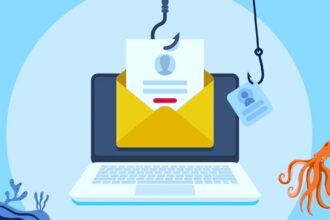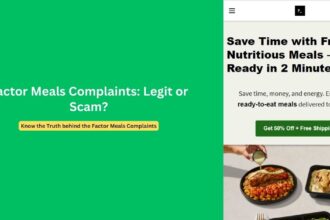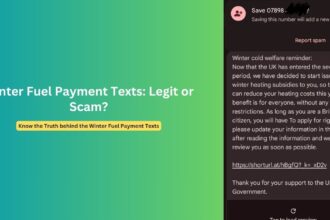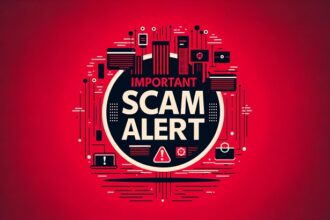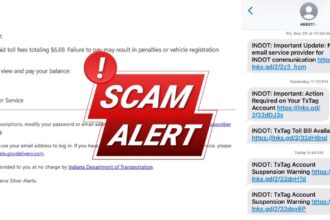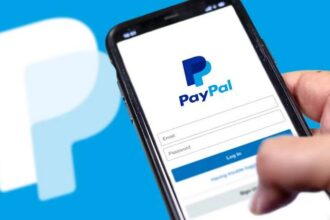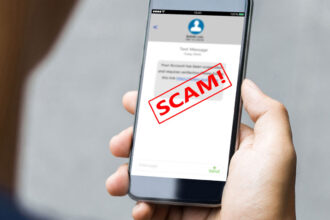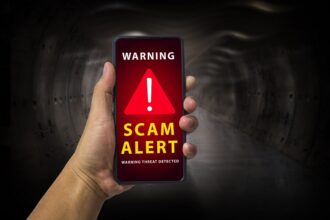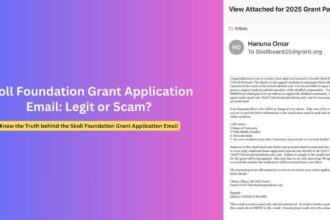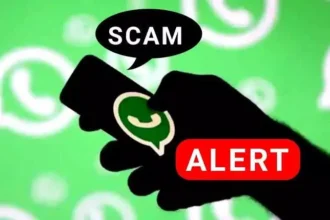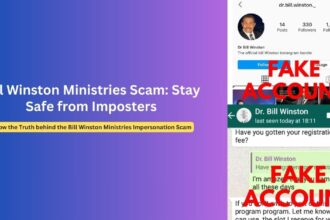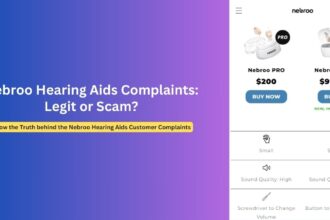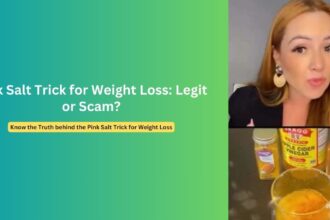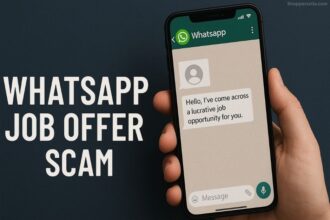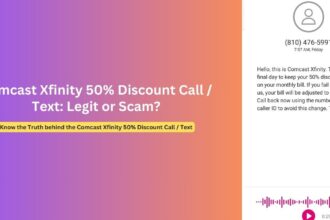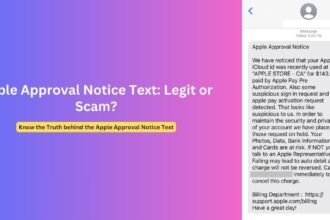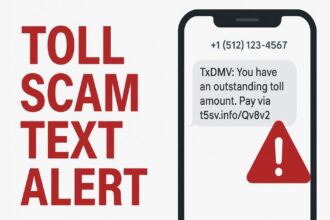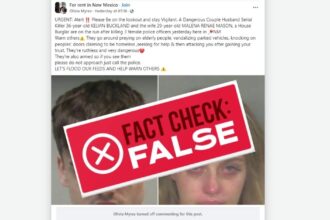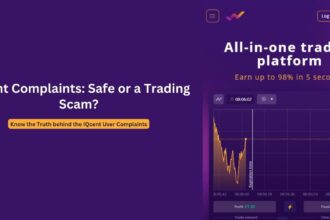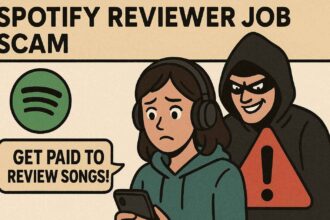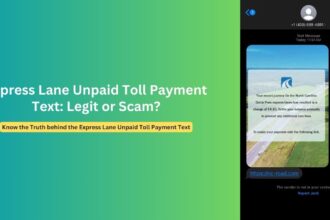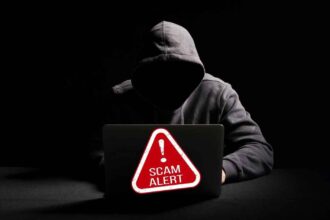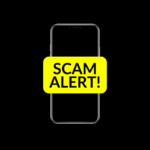In recent years, fraudsters have increasingly targeted businesses and individuals by impersonating reputable law firms. Among these, Hogan Lovells International LLP, a prestigious global law firm, has been a prime target for scammers seeking to exploit its respected name. The UK Solicitors Regulation Authority (SRA) has issued multiple alerts about these scams between 2022 and 2025, warning the public about sophisticated deception tactics that continue to evolve.
Overview of the Hogan Lovells Email Scams
Fraudsters are illegally misusing the Hogan Lovells name, logo, and the identities of its lawyers to deceive recipients into making payments or sharing sensitive information. These scams have become increasingly sophisticated, with perpetrators creating convincing emails that closely mimic legitimate legal correspondence.
According to reports from the SRA, hundreds of fraudulent emails have been distributed, with scammers employing various tactics to appear authentic. The scams range from fake invoices demanding payment to fictitious legal notices about copyright violations and even false inheritance claims requiring upfront fees.
The genuine Hogan Lovells International LLP has confirmed that none of these communications originate from their firm or their partners. The law firm has taken steps to alert clients and the public about these fraudulent activities through their website and by reporting incidents to regulatory authorities.
How the Scam Works
The mechanics of the Hogan Lovells impersonation scam typically follow a well-orchestrated pattern:
- Initial Contact: Victims receive an email or message that appears to be from Hogan Lovells or one of its partners. These communications often create a sense of urgency or legal obligation.
- Deceptive Content: The message may contain professional-looking letterheads, the Hogan Lovells logo, and realistic signatures of actual partners at the firm.
- Call to Action: Recipients are directed to make immediate payments, provide personal information, or take other actions that benefit the scammers.
- Fraudulent Instructions: For payment-based scams, alternate bank details are provided that route funds directly to the fraudsters rather than to the legitimate law firm.
These scams succeed largely because they exploit the natural tendency of individuals and businesses to respond promptly to communications from legal professionals, especially when there appears to be a potential legal consequence for inaction.
Scam Tactics and Variations
The Hogan Lovells scams have appeared in several variations, each using different pretexts to manipulate recipients:
1. Overdue Invoice Scams
The most common tactic involves sending fake invoices claiming to be for legal services rendered. Recipients are pressured to make immediate payments to avoid supposed late fees or legal consequences. In September 2022, the SRA reported that hundreds of emails were sent under the name of Karen Hughes, a legitimate Hogan Lovells partner, demanding payment for outstanding invoices.
2. Copyright Violation Notices
In a variation reported in January 2025, scammers sent emails accusing recipients of copyright infringement against a supposed client of Hogan Lovells. These messages threatened legal action unless the recipient appeared in court within seven days, creating panic and confusion among those targeted.
3. Inheritance and Estate Fraud
A more recent scheme emerged in April 2025, where fraudsters impersonated James Alder, a Hogan Lovells partner, claiming to be handling a substantial estate. Recipients were told they were potential beneficiaries but needed to pay fees to “unblock” accounts before receiving their inheritance.
4. Legal Document Delivery
Some scams claim to be delivering important legal documents that require immediate attention, with links that install malware or direct victims to phishing websites designed to capture sensitive information.
Fake Hogan Lovells Text/Email Patterns and Red Flags
There are several distinguishing patterns in the fraudulent communications that can help identify them as scams:
1. Domain Name Variations
The most telling indicator is the email domain. While genuine Hogan Lovells emails exclusively use “@hoganlovells.com” (and “@ehoganlovells.com” for certain marketing communications), scammers use slightly altered domains that might appear legitimate at first glance:
- hoganlvllsllp.com
- hoganllvlpfs.com
- hoganlovllp.com
- hogansllovel.com
- hoganlovell.com (missing the ‘s’)
- Various “[name]@hoganllovels.onmicrosoft.com” variations
2. Microsoft Email Services Abuse
A notable pattern identified in the 2023 scams involved the extensive use of Microsoft domains. The SRA documented at least 16 different variations of “hoganlovells” spelled with slight alterations and attached to “onmicrosoft.com” domains.
3. Consumer Email Services
Contrary to legitimate practice, some scammers have used common email providers like Gmail, which Hogan Lovells has explicitly stated they never use for business communications:
4. Content Warning Signs
Beyond the domain names, the messages themselves often contain telltale signs:
- Urgent requests for payment
- Alternative banking details
- Pressure to act quickly
- Vague descriptions of services allegedly provided
- Threatening language about legal consequences
- Poor grammar or unusual phrasing (especially in later scams)
- Requests for personal information
Impersonated Partners & Fake Email Domains
Between 2022 and 2025, multiple Hogan Lovells partners have had their identities misused in these scams. Here’s a chronological breakdown of the partners impersonated and the fake domains used:
Karen Hughes (September 2022)
- [email protected]
- [email protected]
- [email protected]
- [email protected]
- [email protected]
- [email protected]
Katie Banks (October 2023)
Used multiple Microsoft domains with spelling variations, including:
- @hoganlovels.onmicrosoft.com
- @hoganlovell.onmicrosoft.com
- @hoganllovels.onmicrosoft.com
- @hoganllovels127.onmicrosoft.com
- @hoganllovells.onmicrosoft.com
- Plus at least 11 other similar domains
Laurence Crowley (May 2024)
Generic Copyright Claims (January 2025)
- [email protected] (using the firm’s legitimate German branch office address)
James Alder (April 2025)
Other partners reportedly impersonated include Anne Carpenter, John Allison, Nick Atkins, Arthur Dethomas, Barry Burgdorf, and John Castle, though specific details about these impersonations have not been made public by the SRA.
Legitimate Information About Hogan Lovells
To properly identify scams, it’s important to understand the legitimate details about Hogan Lovells:
- Official Name: Hogan Lovells International LLP
- Genuine Email Domains:
- @hoganlovells.com (primary business email)
- @ehoganlovells.com (only for some marketing emails)
- Website: www.hoganlovells.com
- Reporting Channel: [email protected] (for suspicious communications)
- German Branch Office: Große Gallusstrasse 18, Frankfurt am Main, 60312, Tel: +49 69 962 360
The firm has confirmed that they never use Gmail, Hotmail, Yahoo, or other public email services for business communications.
How to Identify and Protect from These Scams
Taking proactive steps can help individuals and businesses avoid falling victim to these sophisticated scams:
1. Verify Email Domains
Always check the sender’s email address carefully. Legitimate Hogan Lovells emails only come from “@hoganlovells.com” or “@ehoganlovells.com” for marketing. Pay special attention to subtle misspellings like missing or extra letters.
2. Independently Confirm Communications
If you receive an unexpected email claiming to be from Hogan Lovells, especially one requesting payment or personal information, contact the firm directly through their official website or publicly listed phone numbers—not using contact information provided in the suspicious email.
3. Be Wary of Urgent Demands
Legitimate law firms rarely demand immediate payment through email without prior engagement or context. Be particularly suspicious of unexpected invoices or legal threats.
4. Check with Regulatory Bodies
The SRA maintains a register of solicitors and firms that can be used to verify credentials. You can contact them to confirm whether individuals are genuinely affiliated with Hogan Lovells.
5. Report Suspicious Communications
If you receive a suspicious email claiming to be from Hogan Lovells, forward it to their dedicated information security team at [email protected]. You can also report it to the SRA and relevant anti-fraud agencies.
6. Conduct Due Diligence
As recommended by the SRA, when a firm’s identity appears to have been cloned, thorough due diligence is necessary. This includes verifying through multiple channels and checking public records.
Other Known Scams
Beyond the specific tactics mentioned above, other Hogan Lovells impersonation scams have been reported:
- Debt Collection Scams: Fraudsters claim to be collecting debts on behalf of Hogan Lovells clients.
- Settlement Offers: Fake settlement offers for non-existent legal disputes that require upfront payments.
- Legal Notice Delivery: Claims that important legal documents need to be delivered, with links that download malware.
- Data Breach Notifications: False alerts about supposed data breaches that require immediate verification of personal information.
Frequently Asked Questions
1. How can I verify if an email from Hogan Lovells is legitimate?
Check that the email comes from an @hoganlovells.com domain (or @ehoganlovells.com for marketing). When in doubt, contact Hogan Lovells directly through their official website or publicly listed phone numbers, not using contact details from the suspicious email.
2. Is Hogan Lovells a legitimate law firm?
Yes, Hogan Lovells International LLP is a genuine, well-established global law firm authorized and regulated by the Solicitors Regulation Authority in the UK and equivalent bodies in other jurisdictions where they operate.
3. What should I do if I’ve already responded to a suspicious Hogan Lovells email?
If you’ve shared personal information or made payments, contact your bank immediately to try to stop any transactions. Report the incident to Hogan Lovells at [email protected], the SRA, and local law enforcement or fraud agencies.
4. Why do scammers target law firm names like Hogan Lovells?
Law firms command authority and respect, making people more likely to respond to communications bearing their name. Prestigious firms like Hogan Lovells have international recognition that scammers can exploit across multiple countries.
5. Will Hogan Lovells ever ask for payment via email without prior engagement?
No. Like most reputable law firms, Hogan Lovells would not send unexpected invoices or payment demands without established client relationships and proper context.
Conclusion
The ongoing impersonation of Hogan Lovells represents a sophisticated and evolving threat to businesses and individuals worldwide. These scams exploit the trusted reputation of a legitimate law firm to deceive recipients into making payments or sharing sensitive information.
The key to protection lies in vigilance and verification. Always check email domains carefully, be skeptical of unexpected legal communications (especially those requesting payment), and verify directly with Hogan Lovells through official channels when in doubt.
By sharing information about these scams and reporting suspicious activities to both Hogan Lovells and regulatory authorities, we can collectively help reduce their effectiveness and protect potential victims. Remember that legitimate businesses appreciate being informed about potential fraud conducted in their name, as it helps them take appropriate action to protect their clients and reputation.
As fraudsters continue to refine their tactics, staying informed about the latest scam variations remains an essential defense against becoming their next victim.
